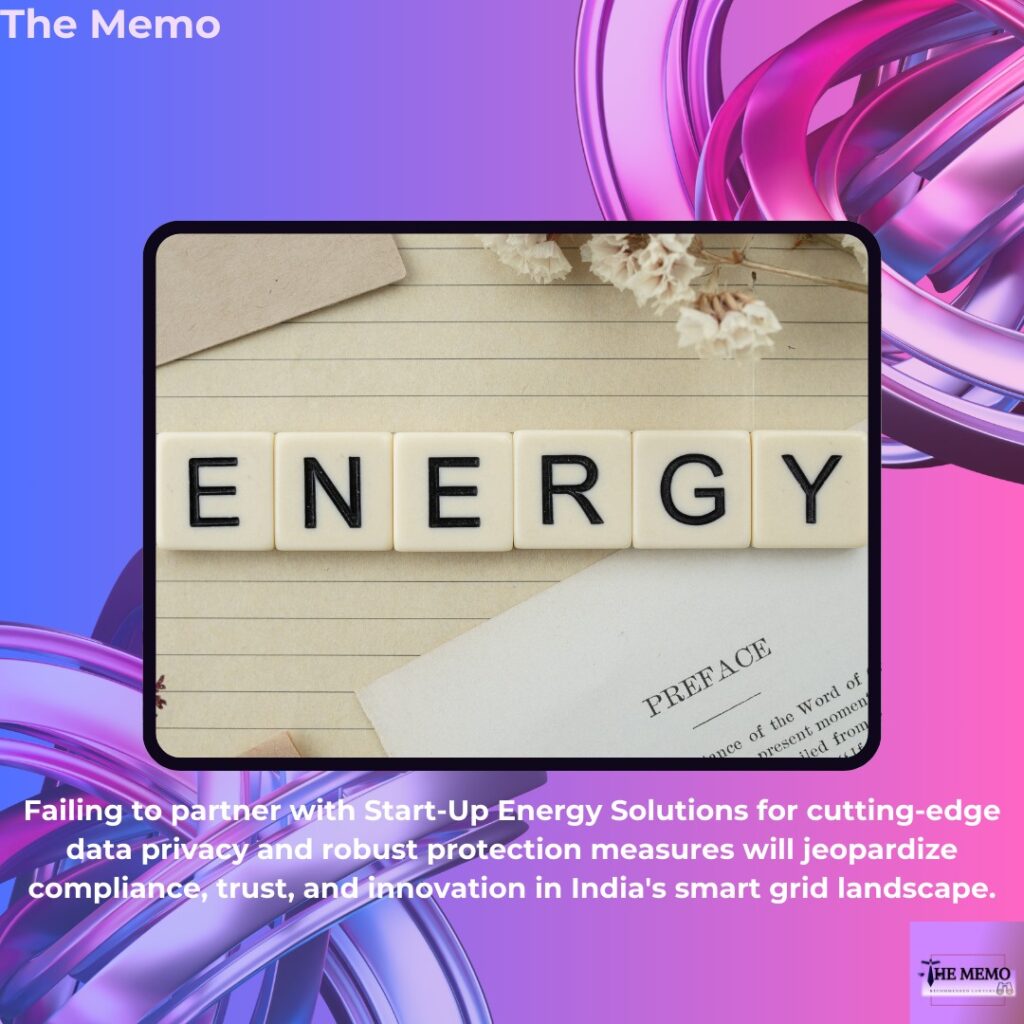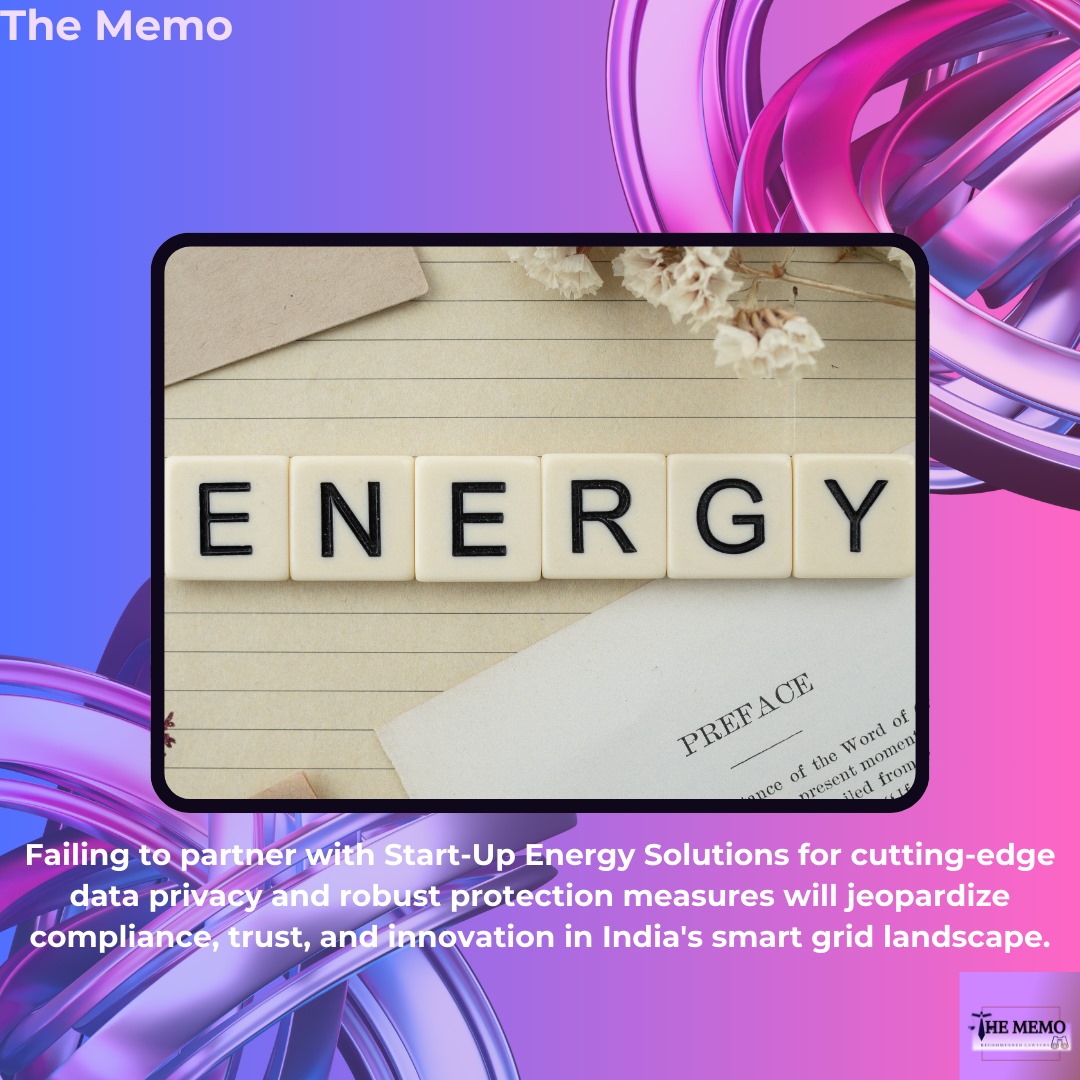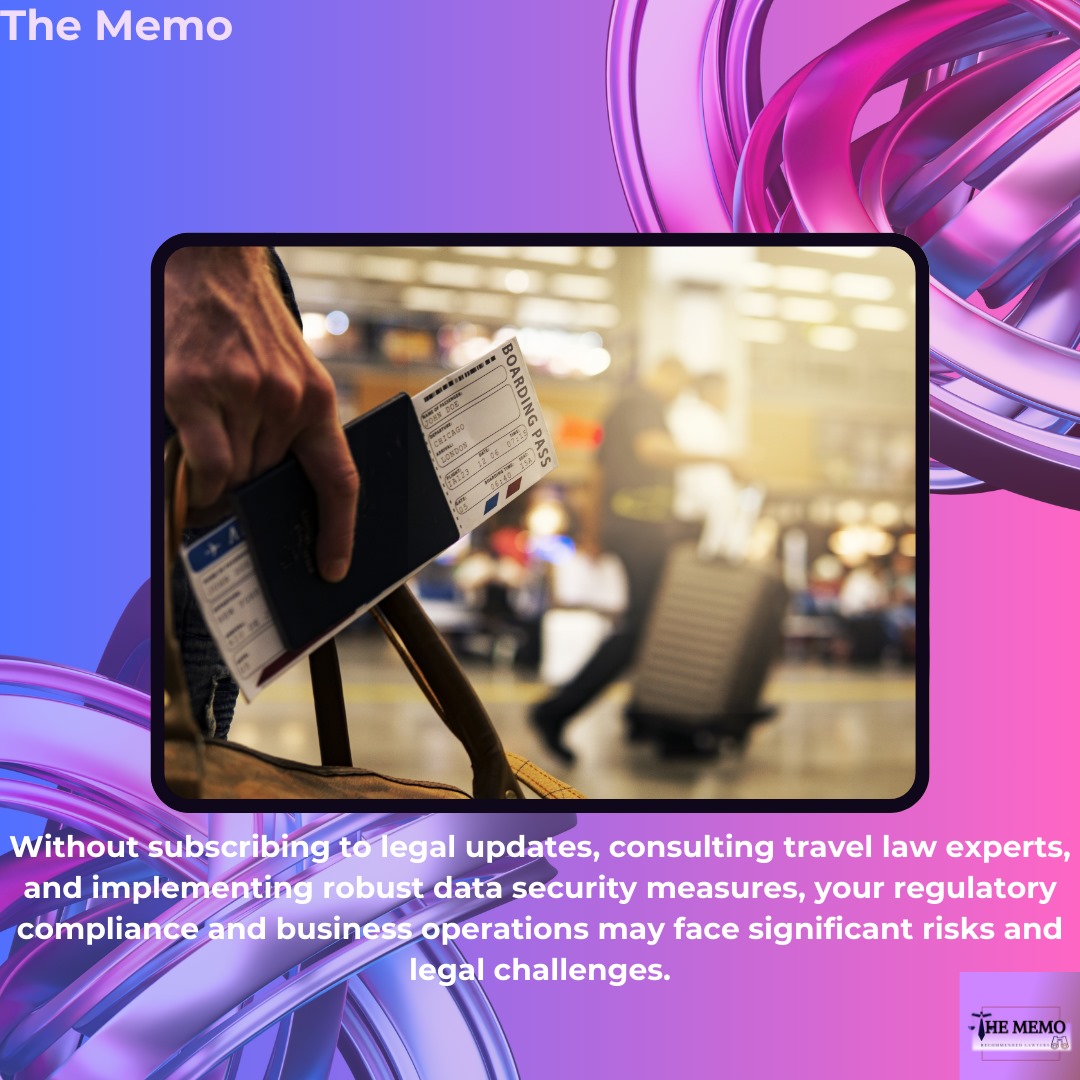
The energy sector in India is at the forefront of a transformative shift towards digitalization and connectivity, marked by the emergence of smart grids. This evolution promises enhanced efficiency and sustainability but also introduces new challenges concerning data privacy and security. Start-Up Energy Solutions, an innovative startup in the energy sector, has encountered these challenges firsthand as it navigates the complexities of the digital grid landscape. Through proactive measures and strategic initiatives, Start-Up Energy Solutions has addressed legal uncertainties and implemented robust data protection practices to safeguard sensitive information effectively.
Evolving Legal Framework for Data Privacy in India
Start-Up Energy Solutions operates within an evolving legal framework for data privacy in India. While awaiting the enactment of the Personal Data Protection Bill (PDP Bill) 2021, the company grapples with uncertainties regarding specific regulatory requirements governing data privacy in the energy sector. Existing laws such as the Information Technology Act (2000) and sectoral regulations like the Electricity Act (2003) offer some guidance but fall short of providing comprehensive guidelines tailored to the smart grid environment.
Challenge 1: Uncertainty Due to Pending PDP Bill
The pending status of the PDP Bill presents a significant challenge for Start-Up Energy Solutions. Clear guidelines are essential for the company to ensure compliance with data protection laws and establish robust data privacy practices.
Solutions
Focus on Existing Laws: Start-Up Energy Solutions adheres to existing legal frameworks, including the Information Technology Act (2000) and sectoral regulations like the Electricity Act (2003). While awaiting the PDP Bill’s enactment, these laws serve as foundational guidelines for responsible data collection and security practices.
Industry Standards and Best Practices: The company familiarizes itself with industry standards such as the NIST Cybersecurity Framework for Smart Grid. These internationally recognized frameworks offer valuable guidance in the absence of a finalized legal framework, enabling Start-Up Energy Solutions to maintain high levels of data security and privacy.
Review Draft Bills and Explanatory Memoranda: Start-Up Energy Solutions diligently reviews draft versions of the PDP Bill and accompanying explanatory memoranda released by the Ministry of Electronics and Information Technology (MeitY). This proactive approach helps the company anticipate potential provisions related to data privacy obligations, facilitating preparedness for future legal requirements.
Seek Legal Counsel Specialized in Data Privacy: The company consults legal experts specializing in data privacy law to interpret draft legislation and advise on best practices for compliance. These experts provide valuable insights into the potential implications of the PDP Bill for Start-Up Energy Solutions’ data collection practices, ensuring proactive compliance measures.
Employee Training and Awareness Programs: Start-Up Energy Solutions conducts regular training programs to educate employees about data privacy best practices and their obligations in handling consumer data collected through the smart grid. This fosters a culture of security awareness within the organization, minimizing the risk of human error and data breaches.
Transparency and Consumer Communication: The company develops clear and transparent communication channels to inform consumers about the data collected in the smart grid, its purposes, and data protection measures. This builds trust and strengthens relationships with consumers, ensuring confidence in the security of their data.
Closely Monitor PDP Bill Developments: Start-Up Energy Solutions stays informed about the latest updates on the PDP Bill’s progress through Parliament, regularly reviewing draft versions and proposed amendments. This proactive approach enables the company to anticipate potential changes in data privacy regulations and adjust its practices accordingly.
Scalable and Adaptable Compliance Framework: The company develops a data governance framework that is scalable and adaptable, allowing for easy integration of new provisions and adjustments to comply with the final version of the PDP Bill once enacted. This flexibility ensures prompt responses to legal changes without disrupting operations.
Challenge 2: Balancing Data Security with Real-Time Access
Start-Up Energy Solutions faces the challenge of balancing robust data security measures with the need for real-time data access to facilitate efficient grid operations. Overly stringent security protocols could hinder grid responsiveness, potentially impacting energy supply and reliability.
Solutions
Data Classification: The company classifies data collected in the smart grid based on its sensitivity level, distinguishing between critical infrastructure data and less sensitive operational data. This ensures that the most critical data receives the highest level of protection, while operational data remains accessible for efficient grid management.
Proportionate Security Measures: Start-Up Energy Solutions implements security measures proportionate to the risk level of the data. Highly sensitive data undergoes encryption at rest and in transit, while less sensitive data is secured with access controls and regular monitoring. This balanced approach maintains security without overly restricting data access.
Role-Based Access Control (RBAC): The company adopts Role-Based Access Control (RBAC) to restrict data access based on job functions and security clearances. Authorized personnel receive access to data relevant to their tasks, reducing the risk of unauthorized access and data breaches.
Attribute-Based Access Control (ABAC): Start-Up Energy Solutions explores Attribute-Based Access Control (ABAC) for more granular control over data access. ABAC grants access based on user roles, data sensitivity, and specific purposes for data access, providing precise control over data usage.
Leveraging Secure Multi-Party Computation (SMPC) Techniques: The company explores Secure Multi-Party Computation (SMPC) techniques to enable collaborative data analysis without revealing sensitive information. This facilitates data analytics on critical infrastructure data while maintaining confidentiality and security.
Security Certifications: Start-Up Energy Solutions pursues security certifications such as ISO 27001 for its information security management system (ISMS), demonstrating a commitment to data security and providing stakeholders with confidence in its data handling practices.
Conclusion
In conclusion, Start-Up Energy Solutions’ journey in addressing data privacy and security challenges in the energy sector demonstrates the importance of proactive measures, strategic initiatives, and collaborative efforts with legal experts and stakeholders. By navigating legal uncertainties, adhering to existing laws, and implementing robust data protection practices, the company ensures the security and privacy of sensitive information in the smart grid environment. As India advances towards a digital future, Start-Up Energy Solutions’ commitment to data privacy and security contributes to a sustainable and secure energy landscape, fostering consumer trust, enabling innovation, and supporting the nation’s energy goals. Through continuous vigilance and adherence to lawful conduct, Start-Up Energy Solutions paves the way for a brighter and more secure future for India’s energy sector.





